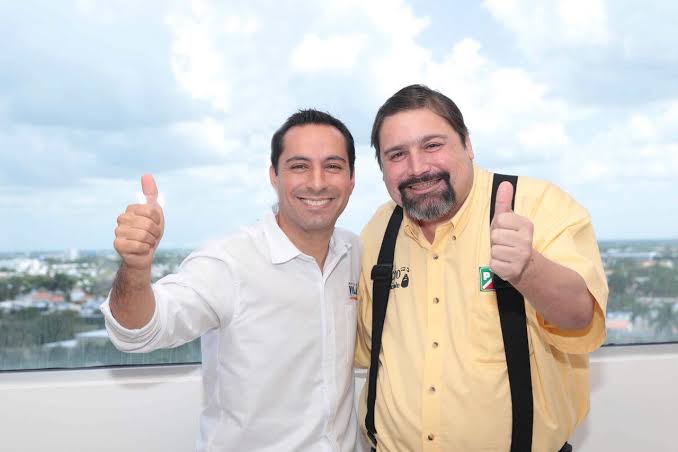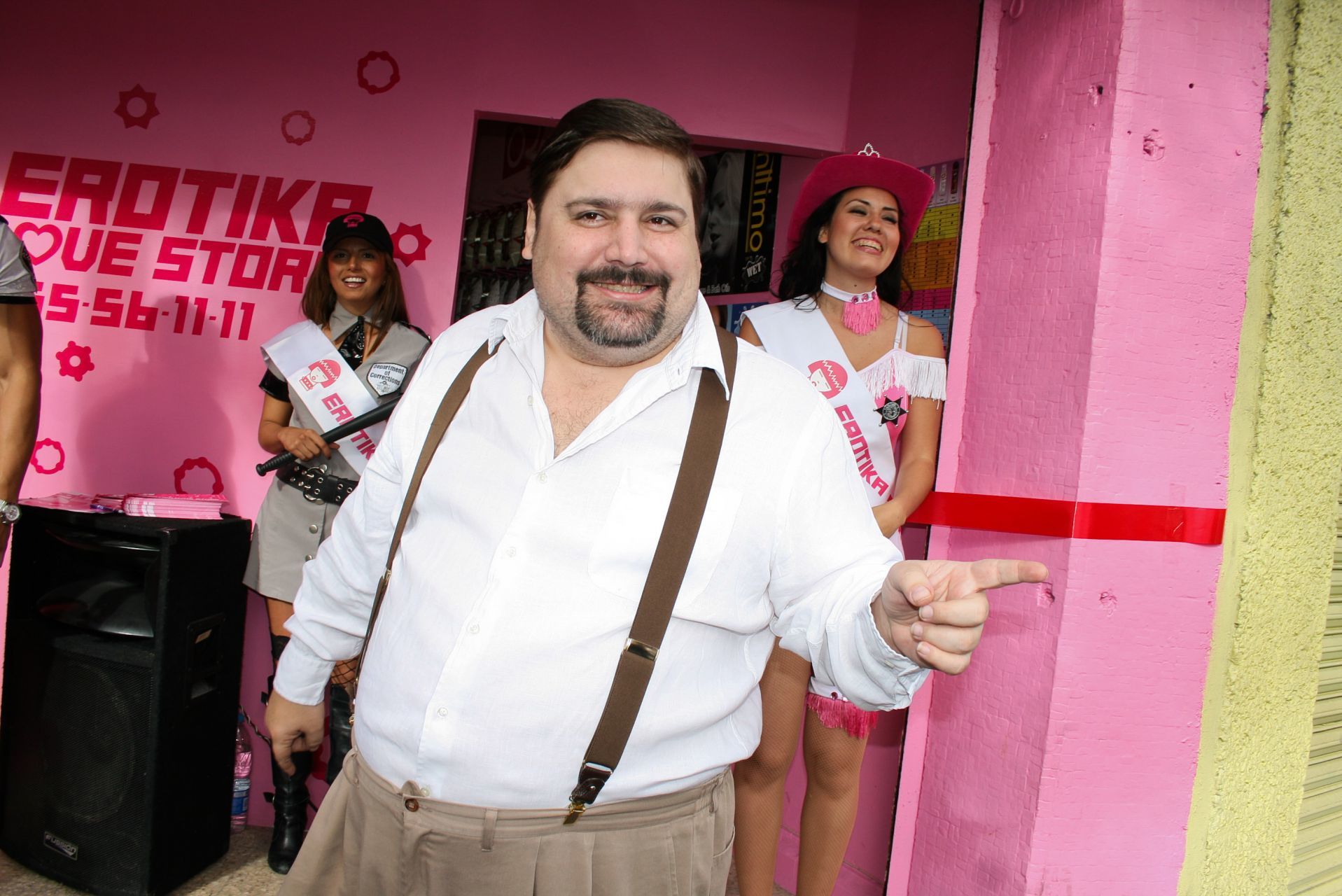
On the night of March 14, the death of the controversial Francisco Solís Peón, better known as Pancho Cachondo or the “deputy”, was reported.
He was a controversial figure in Mexico's political scene because of his nicknames, his recommendation to the church to eliminate the vow of celibacy for having seen The Crime of Father Amaro, around prostitution, as well as his libertine attitude towards his recurrent visits to nightclubs.
Francisco Solis was born in Yucatan on July 14, 1968, gained popularity nationally due to various scandals and by the nickname of the “deputable”, due to his fondness for nightclubs, with special commitment to tabledance in Mexico City and Mérida.
Pancho Cachondo was an important part of the National Action Party (PAN) until he reached the Second Legislature of the Legislative Assembly of the Federal District, which began in 2000, with the mandate of Andrés Manuel López Obrador as head of government and Vicente Fox Quesada as head of the federal executive.

He earned the nickname Pancho Cachondo when the deputy was shown in a tabledance undressing a dancer in Mexico City, when he was still the Federal District, which earned him the party suspended his rights for 18 months and disabled him for three years.
“Prudence and political correctness are not in my dictionary,” I would say years later in a bar during an interview with the Mayan Day. Which was not new, since he had allegedly given interviews while intoxicated in the past.
Because his hobbies went against the moral principles of the PAN, he was expelled from its ranks in 2002. In the face of his expulsion, his response was just as controversial as his proposals and hobbies.
He took a picture posing in a bar for a magazine, half-naked, with the PAN logo covering his genitals. Next to him, a woman dressed as a cabaret, posed next to him lying on the bar of the place.
According to information given in interviews, he joined the party after learning about the ideals of its founder Manuel Gómez Morín and that for him, the PRI, was not a viable option, although he would later regret that the blue and white party was more inclined to entrepreneurs than to the individual.

In 2017, he tried to return to the political sphere with the Broad Opposition Front, supported by a PRD group known as “Galileos”. But it did not have enough momentum, so it only remained in memory as a peculiar episode of Mexican politics.
He is also among the people interviewed for the book by Argentinian journalist Olga Wornat, Felipe, the Dark One, which talks about a depressive episode by former President Felipe Calderón Hinojosa after a break with Margarita Zavala. According to Pancho Cachondo, after a night of drinks, former President Felipe Calderón wanted to jump off a bridge because of the sadness of the momentary breakup.
The former deputy had just overcome the disease of COVID-19, however, according to one of the comments of people who mourned his death, the death occurred due to complications arising from the disease. He died at the age of 54.
KEEP READING:
Últimas Noticias
Debanhi Escobar: they secured the motel where she was found lifeless in a cistern

The oldest person in the world died at the age of 119

Macabre find in CDMX: they left a body bagged and tied in a taxi
The eagles of America will face Manchester City in a duel of legends. Here are the details

Why is it good to bring dogs out to know the world when they are puppies




